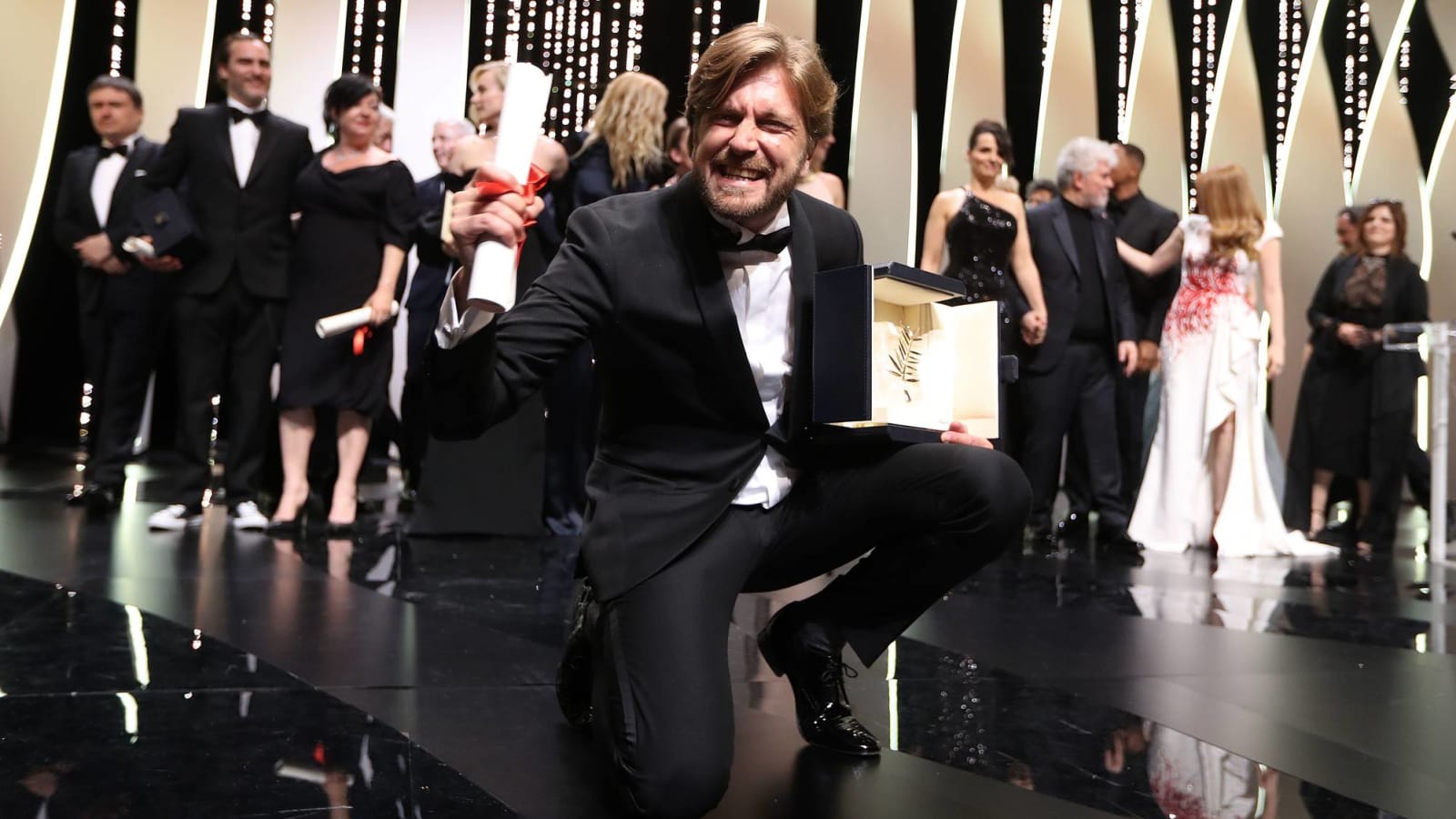
Why the Cannes Film Festival matters more to movie lovers than the Oscars
The 71st Cannes Film Festival kicks off on May 8 with the premiere of “Everybody Knows ,” a Spanish-language psychological thriller starring Javier Bardem and Penelope Cruz from the renowned Iranian filmmaker Asghar Farhadi. For movie lovers all over the world, this marks the beginning of the two most tantalizing weeks on the movie calendar, an annual rite du cinéma focused squarely on the art of filmmaking. Twenty-one brand new movies from some of the greatest filmmakers on the planet will vie for eight major awards, the most coveted being the Palme d’Or (“golden palm”), which goes to the competition’s top film as selected by a small jury of their artistic peers.
But does a Palme d’Or triumph resonate beyond the Palais? Does it have any marketing value in the declining age of the art house? In terms of esteem, would Quentin Tarantino turn in his 1994 Palme for “Pulp Fiction” for the 1995 Best Picture Oscar (which went to “Forrest Gump”)?
Officially christened in 1955 (knocking the previous top prize, the Grand Prix, down to the runner-up award), the Palme d’Or is delightfully unpredictable given the frequently bizarre makeup of the competition jury; every year it’s a new group (past presidents run the gamut from David Cronenberg to Olivia de Havilland), and they don’t always agree. Sometimes their collective wisdom is cheered; some years, they err. But the winners are rarely mainstream efforts and, save for Billy Wilder's "The Lost Weekend" and Delbert Mann's “Marty,” have never gone on to win the Academy Award for Best Picture (few manage to earn even a single nomination).
As a predictor of cultural trends, Cannes has long been more valuable than the Oscars. Just look at their respective top honorees from the 1960s: while the Academy was dishing out Best Picture trophies to “My Fair Lady,” “The Sound of Music” and “Oliver!,” Cannes’ juries were hailing revolutionary instant classics like Federico Fellini’s “La Dolce Vita,” Michelangelo Antonioni’s “Blow-Up” and Lindsay Anderson’s “If…” This ahead-of-the-curve thinking continued into the '70s and '80s, as Cannes juries headed up by Miguel Ángel Asturias, Tennessee Williams and Dirk Bogarde respectively lauded Oscar-snubbed masterpieces “M*A*S*H,” “Taxi Driver” and “Paris, Texas.”
But Cannes has blown it, too. Though it’s purely a matter of taste as to whether one prefers Steven Soderbergh’s “sex, lies and, videotape” over Spike Lee’s “Do the Right Thing,” jury president Wim Wenders’s rationale for disqualifying the latter for the Palme in 1989 – he found Lee’s protagonist, Mookie, insufficiently heroic – was total bunk (Lee later joked that he had a Louisville Slugger with Wenders’s name on it). In 2004, Tarantino’s jury capitulated to politics by giving the Palme to Michael Moore’s righteous, yet frustratingly unfocused “Fahrenheit 9/11” over the superb trio of “Oldboy,” “The Holy Girl” and “Tropical Malady.”
Though Hollywood studio films still crack the competition program (Lee returns this year with the Blumhouse-produced “BlacKkKlansman”), Cannes festival director Thierry Frémaux has seemingly made an effort of late to showcase more unconventional films from all over the globe. Happily, the juries have responded by awarding the Palme to challenging works like “The Square,” “Winter Sleep” and “Uncle Boonmee Who Can Recall His Past Lives”; sadly, the Palme d’Or brand carries less weight than it ever has outside of cinephile circles due primarily to the dying off of art houses.
If there’s to be a resurgence in art house movies, it may well be spurred by the ascendance of streaming services – namely Netflix, which Frémaux recently banned from competition (prompting the company to pull out of the festival entirely). But it’s not like audiences outside of major cities were clamoring for the Dardennes’ harrowing “Rosetta” after it won the Palme in 1999. The Cannes competition may always be an exclusive party, a place where the new Nuri Bilge Ceylan is awaited with an intensity most moviegoers accord the latest Marvel film.
More must-reads:
- The best and worst action movies based on TV shows
- The 20 most influential Palme d'Or Winners of all time
Trending in Entertainment
Customize Your Newsletter
 +
+
Get the latest news and rumors, customized to your favorite sports and teams. Emailed daily. Always free!


